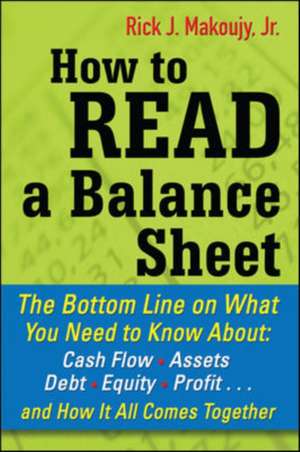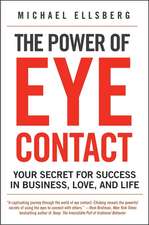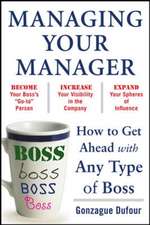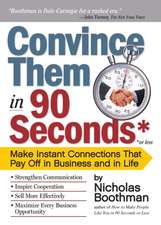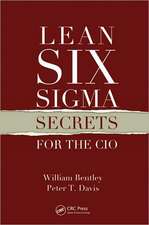How to Read a Balance Sheet: The Bottom Line on What You Need to Know about Cash Flow, Assets, Debt, Equity, Profit...and How It all Comes Together
Autor Rick Makoujyen Limba Engleză Paperback – 16 iul 2010
Put the most valuable business tool to work for you!
The balance sheet is the key to everything--from efficient business operation to accurate assessment of a company’s worth. It’s a critical business resource--but do you know how to read it? How to Read a BalanceSheet breaks down the subject into easy-to-understand components.If you're a business owner or manager, this book helps you . . .
- Manage working capital
- Generate higher returns on assets
- Maximize your inventory dollars
- Evaluate investment opportunities
- Determine the market value of a company's assets and operations
- Predict future earnings and trends
- Assess the impact of capital expenditures
- Identify potential "red flags" before the crowd
Cash Flow * Assets * Debt * Equity * Profit and how it all comes together.
Preț: 124.43 lei
Preț vechi: 137.68 lei
-10% Nou
Puncte Express: 187
Preț estimativ în valută:
23.81€ • 25.46$ • 19.85£
23.81€ • 25.46$ • 19.85£
Carte tipărită la comandă
Livrare economică 18-23 aprilie
Livrare express 12-18 martie pentru 35.53 lei
Preluare comenzi: 021 569.72.76
Specificații
ISBN-13: 9780071700337
ISBN-10: 0071700331
Pagini: 208
Dimensiuni: 158 x 226 x 15 mm
Greutate: 0.3 kg
Editura: McGraw Hill Education
Colecția McGraw-Hill
Locul publicării:United States
ISBN-10: 0071700331
Pagini: 208
Dimensiuni: 158 x 226 x 15 mm
Greutate: 0.3 kg
Editura: McGraw Hill Education
Colecția McGraw-Hill
Locul publicării:United States
Cuprins
Preface; Acknowledgments;Introduction;Chapter 1. Primer on the Balance Sheet and Income Statement; Chapter 2. Assets; Chapter 3. Liabilities; Chapter 4. Equity; Chapter 5. Basic Accounting Principles and Methods; Chapter 6. Finance Concepts and Tools; Chapter 7. Balance Sheet Utilization and Implications; Chapter 8. Balance Sheet Abuses; Chapter 9. Effective Balance Sheet Management Techniques; Chapter 10. The Cash Flow Statement; Chapter 11. Common Mistakes When Starting a Business; Chapter 12. Financial Statement Analysis; Chapter 13. Summary and Conclusions; Appendix Balance Sheet (End of Last Year); Notes; Index;
